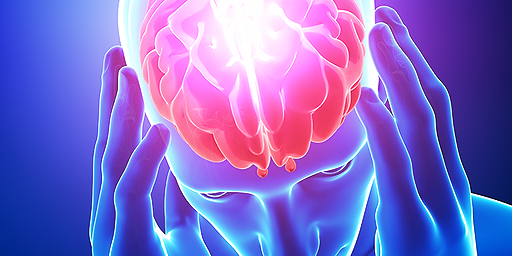Chronic pain is a distressing experience and can be difficult to ignore and get on with “life as normal.”
This article assumes that if you have chronic pain, you are under the care of your family physician and/or a medical specialist for your condition. The information following is not intended to replace medical advice and we urge that you review these suggestions with your care provider before trying any of the strategies suggested. Even though these strategies may seem ‘harmless’ your care provider is in the best position to determine this.
This article will look at the steps that you can take in your day-to-day life to manage your chronic pain.
Tip 1. Get enough sleep. Since chronic pain often causes problems with sleeping, try the following:
- Set your alarm to wake you up at the same time, even on weekends.
- Exercise during the day but do not exercise strenuously in the evenings before going to bed.
- Avoid caffeine after 3-5 pm (about 5-7 hours before you go to sleep). This includes coffee, tea, colas, and chocolate.
- Avoid naps, especially in the evening. If you do need to nap during the day, set your alarm to keep the nap under 20 minutes.
Tip 2. Deal with problems early, before they get worse.
Tip 3. Get regular aerobic exercise such as swimming, stationary cycling, and walking-to build your strength and health. Exercising in water can be especially helpful in reducing pain that gets worse during weight-bearing activities, such as walking. A side benefit of regular exercise is that it releases endorphins (brain chemicals that help improve your mood while blocking pain signals), helps keep your weight down, reduces heart disease risk, and helps you control blood sugar levels (especially important if are diabetic).
Note: If you are new to regular exercise, talk to your doctor before you begin an exercise program.
Tip 4. Practice healthy eating habits.
Tip 5. Stop smoking. Smoking may affect your level of pain and may reduce the effectiveness of chronic pain treatments that you may try.
Tip 6. Cut back on alcohol. If you’re living with chronic pain, drinking less or no alcohol can improve your quality of life. It will help you sleep better.
Tip 7. Try relaxation and stress management exercises. Deep breathing and meditation help your body relax, which may ease pain. Find a quiet location, a comfortable body position, and block out distracting thoughts. Then, imagine a spot just below your navel. Breathe into that spot, filling your abdomen with air. Let the air fill you from the abdomen up, then let it out, like deflating a balloon.
Tip 8. Join a support group. When you spend time with people who also have chronic pain, you’ll feel better understood and less alone. You will also benefit from their advice on coping with the pain.
Tip 9. Consider counselling with a mental health professional. Anyone living with chronic pain is susceptible to low mood and feeling helpless. Left unchecked, these feelings can lead to depression, which is a serious mood problem and can make your experience of pain much worse. Counselling can help you learn to cope better and help you avoid negative thoughts that make pain worse.
Tip 10. Distract yourself. If you avoid being social, going outside, or going to work because of chronic pain, it makes the pain worse, not better. Find something you like to do, ask your employer to make accommodations at work so that you can continue to be productive, and keep yourself busy with anything that keep you from thinking about your pain.
Tip 11. Stay at work even if you have pain. Research shows that people become less active and more depressed when they don’t work. Being at work will distract you from the pain and won’t make your pain worse. Talk to your supervisor or boss about the parts of your job that may be difficult to begin with, but stress that you want to be at work. If you have to stay off work for a while, try to get back as soon as possible.
Tip 12. Stay hopeful. With the right kind of treatment, the right attitude, and the right support network, most people with chronic pain learn to manage it and continue to be happy, productive members of society.
The Take-Home Message
There are many self-help strategies, pain relievers, and health habits you can use to manage your chronic pain. However, if your pain is not relieved after you have tried these strategies, consult your GP. You may also want to consider going to a pain management clinic or joining a peer support group (in-person or online).
Learn More
- Canadian Pain Coalition. www.canadianpaincoalition.ca www.canadianpaincoalition.ca
- Canadian Physiotherapy Association. www.physiotherapy.ca
- Arthritis Society (Canada). www.arthritis.ca
- People in Pain Network (Peer Support Resources). www.pipain.com
- Chronic Pain Association of Canada.http://chronicpaincanada.com
- Canadian Pain Society. https://www.canadianpainsociety.ca/
Note: The contents on Avail such as text, graphics, images, and information is not intended to be a substitute for professional medical advice, diagnosis, or treatment. Always seek the advice of your physician or other qualified health provider with any questions you may have regarding a medical condition. Never disregard professional medical advice or delay in seeking it because of something you have read on this or any other website.













